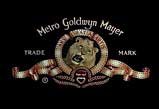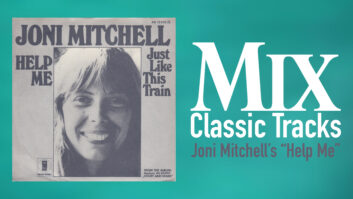
In a unanimous ruling Monday, the U.S. Supreme Court held that software companies are responsible for illegal use of their services if they intend for their customers to use the software primarily to swap songs and movies illegally. The decision came down in the high-profile case, MGM Vs. Grokster, which pitted Grokster Ltd. and StreamCast Networks, the developer of the Morpheus file-sharing system, against one of Hollywood’s biggest players, Metro-Goldwyn-Mayer Studios Inc.
In the majority opinion, written by Justice David Souter, the court said, “We hold that one who distributes a device with the object of promoting its use to infringe copyright, as shown by clear expression or other affirmative steps taken to foster infringement, is liable for the resulting acts of infringement by third parties.” The case will now return to a lower court, which will decide whether the services have in fact encouraged copyright infringement.
The decision is a departure from the past, where technology companies largely felt protected by the 1984 “Betamax ruling” that said technology that had “substantial non-infringing uses” (such as “time-shifting” television programs) was legal. However, the Grokster case is “significantly different” from the Betamax case, the court said, because of evidence that the file-sharing sites were seeking “to cause and profit from” copyright infringement by their customers.
That said, some law experts interpret this ruling as a short-term tactical victory for Hollywood but a long-term strategic win for peer-to-peer (commonly referred to as “P2P”) file sharing. Says Lawrence Solum, John E. Cribbet Professor of Law at the University of Illinois College of Law, “This is an unwelcome verdict for the industry, and a positive ruling for P2P.” Solum observes that in its ruling, the high court sided with MGM because Grokster intentionally induced copyright infringement. In issuing its decision based on that judgment, however, the court essentially provided a blueprint for other P2P companies looking to avoid litigation.
Media companies, particularly music labels, have been trying desperately to regain their footing in the marketplace since 1999 when Napster vastly accelerated the flow of free, unprotected music files online. As a result, entertainment companies have begun filing lawsuits against individual computer users. The major labels have sued some 11,700 people since September 2003 and have settled with about 2,500 of them for an average of $3,700 each.
Music executives said the decision strengthens their hand. It may force providers of file-sharing software to filter free or unauthorized material out of their networks or face litigation. “Services that live off stealing are going to start to go down, and their advertisers will soon begin pulling their business,” said Zach Horowitz, president of the Universal Music Group.
Information from the Associated Press and the New York Times was used in the compiling of this article.







